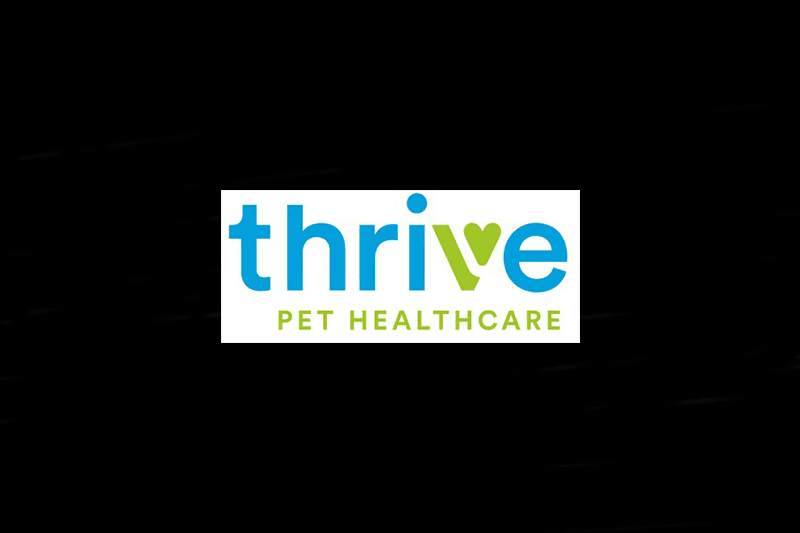National Pet Dental Health Month is underway, and Thrive Pet Healthcare, a leading veterinary healthcare network with more than 380 locations in 37 states across the U.S., is spotlighting a concerning trend—small dogs tend to develop dental problems more rapidly and at younger ages than bigger dogs.
Thrive Pet Healthcare – For the Life of Your Pet
“With French bulldogs reigning as America’s top breed, and a rise in small dog ownership, it’s crucial for owners of smaller dog breeds to understand their unique dental challenges,” said Dr. Curt Coffman, Thrive Pet Healthcare’s specialty director of dentistry. “Their compact mouths, heads, and faces, along with other genetic features, predispose them to rapid tartar buildup, plaque, and gingivitis more than larger dogs.”
Brachycephalic or flat-faced dog breeds like Boston terriers and pugs often experience crowded or misaligned teeth, leading to early onset periodontal disease. As they get older, they lose jawbone density, often requiring extractions at a younger age compared to larger dogs.
“It’s challenging to have 42 teeth in such a small mouth,” said Dr. Coffman. “When something gets stuck between their teeth, they can’t floss to remove it like humans. Beginning a proactive oral hygiene regimen at home when your dog is young, and having your veterinarian perform regular dental cleanings is the best way to prevent periodontal disease and potential tooth loss later in life.”
No matter a dog’s size, signs of dental problems may not be obvious to their owner. Some signs of potential dental problems include:
- Bad breath
- Red, inflamed gums that bleed easily
- Discolored or yellowing teeth
- Drooling more than usual
- Pain in or around their mouth
- Loose or missing teeth
- Poor appetite
- Problems chewing their food
- Swelling around the mouth
- Sneezing and nasal discharge
Seventy-six percent of dogs suffer from periodontal disease, according to the American Veterinary Medical Association. Additionally, over half of dog owners have never taken their dog for a professional teeth cleaning.
To encourage pet owners to invest in their dog or cat’s dental well-being, more than 150 primary care hospitals within Thrive Pet Healthcare’s network are offering a $50 discount on dental cleanings through April 14. This excludes exams, tooth extractions, and oral surgeries. Furthermore, Thrive Plus members will receive an additional 10% off dental cleanings for their pet, as well as free wellness exams and 10% off services like diagnostics and bloodwork (available at participating Thrive Plus locations). Visit www.ThrivePetCare.com to find primary care providers near you offering this discount.
Not a Thrive Plus member? By joining Thrive Plus, pet owners gain access to a range of benefits, including unlimited free wellness exams, $5 nail trims, and a 10% discount on services like diagnostics, bloodwork, dental cleanings, and spay/neuter. With membership plans starting at $14.95 per month, Thrive Plus ensures that pet owners receive the comprehensive support their beloved companions deserve.
Search for your nearest Thrive Pet Healthcare location that offers Thrive Plus membership at https://www.thrivepetcare.com/membership.
More dental care resources for pet owners at https://www.thrivepetcare.com/brushing-up-on-wellness.
About Thrive Pet Healthcare
Thrive Pet Healthcare is a leading veterinary service network that uniquely delivers a continuum of care to pet families and services to veterinary hospitals. With an industry-first membership program and more than 380 acute, primary, and specialty providers, Thrive Pet Healthcare offers personalized, accessible care through every stage of a pet’s life and health. The veterinarian-founded organization provides premier benefits for practice staff while elevating privately held veterinary hospitals with innovative service and technology solutions.
By focusing on the needs and aspirations of veterinary care providers, Thrive Pet Healthcare is supporting the well-being of the industry and raising the national bar for veterinary excellence. To learn more about Thrive Pet Healthcare, please visit www.thrivepetcare.com.


